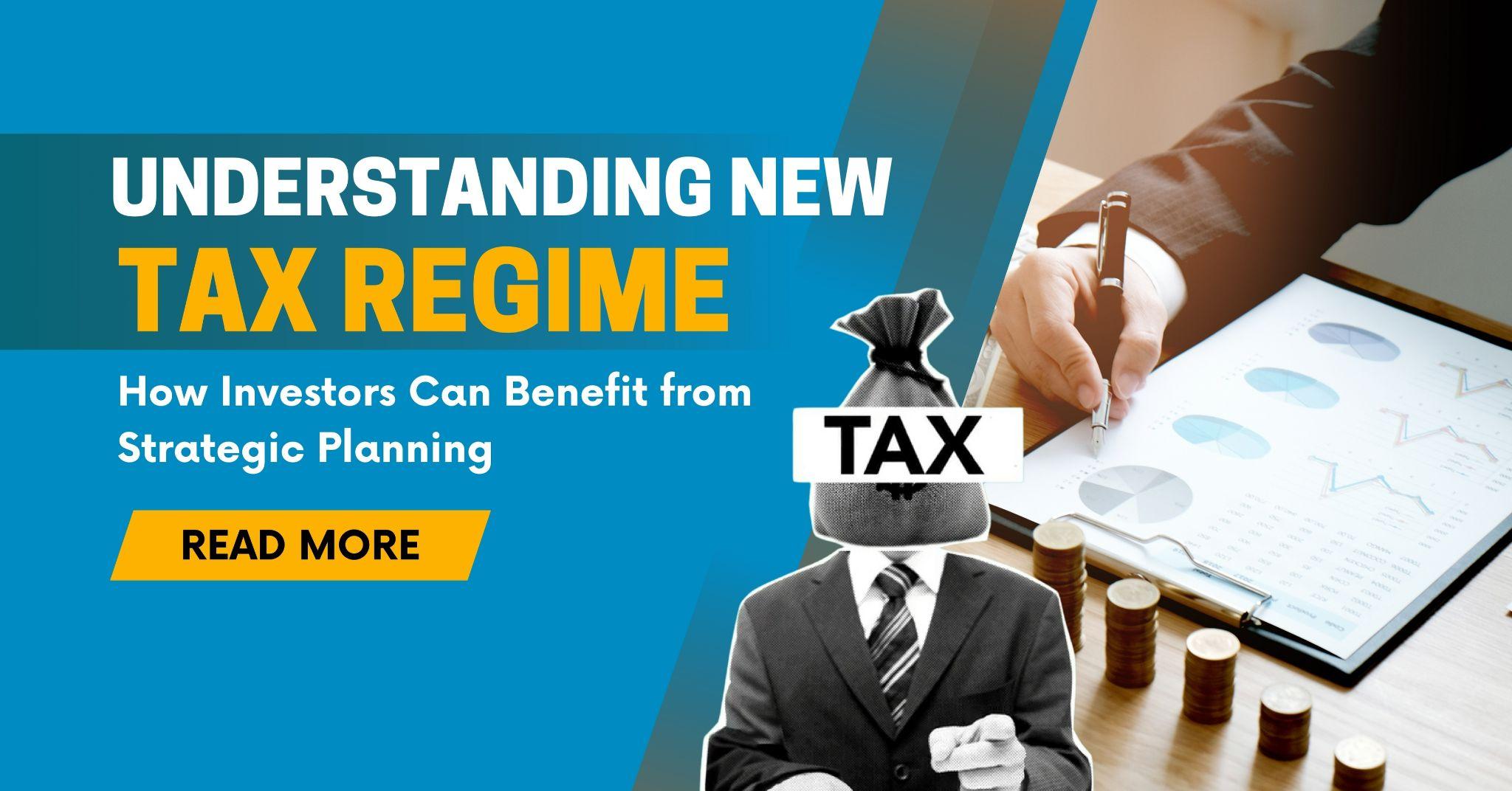
Understanding New Tax Regimes: How Investors Can Benefit from Strategic Planning
The recent shift in the tax system has had a noticeable impact on India’s economic framework, which is currently undergoing significant changes. The new tax regime introduces opportunities for individuals, particularly those earning up to Rs. 12.75 lakh annually, to optimise their tax planning. This development provides Indian investors with additional avenues to enhance their financial strategies while ensuring compliance with regulations.
The transformation of the tax system has influenced strategic planning and investment approaches. The new system offers potential value-added services beyond mere tax savings. It supports investment strategy formulation by allowing for adjustments that can improve tax efficiency. The plan may also help in better resource allocation for individuals with limited capital, offering the option to defer market participation until conditions are more favorable, thus aiding in sound financial decision-making.
With its simplified structure, lower tax rates, and fewer deductions, the new tax regime presents opportunities for thoughtful financial planning. One benefit is that individuals earning up to Rs. 12.75 lakh annually may significantly reduce their tax liabilities. This is largely due to the reduced tax slabs and the rebate under Section 87A, which, if utilised effectively, can minimize the need for additional tax payments. By understanding the nuances of this regime and making informed decisions, taxpayers can potentially optimize their post-tax income while remaining compliant with regulations.
Market analysts have observed changes in investor behavior following the implementation of these tax reforms. A market researcher notes that the current environment requires a more nuanced approach to financial planning. Investors who adjust their strategies to align with the new tax structure may be better prepared to handle market fluctuations. This highlights the importance of staying informed about regulatory changes and their possible effects on market dynamics.
The new tax regime could significantly impact how investors approach financial planning. With strategic tax planning, individuals earning up to Rs. 12.75 lakh may have opportunities to minimize their tax liabilities. By leveraging available exemptions and deductions, taxpayers can optimize their savings while ensuring compliance with regulatory requirements. Additionally, when paired with active market participation, the new tax structure may offer investors greater flexibility in wealth-building strategies. However, the overall impact will depend on individual financial situations and prevailing market conditions.
How Strategic Knowledge Empowers Investors
Mr. N B Naik, Founder and Managing Director of Shares Bazaar is committed to helping investors navigate the evolving tax landscape with knowledge. His insights and knowledge help individuals align their strategies with the current tax environment.
He also emphasises that his research team focuses on thorough market research and analysis. Comprehensive research reports and market analysis enable clients to develop well-informed strategies aligned with the current tax framework, supporting their investment decisions.
For the right investment decisions, effective tax planning is crucial so that resources can be optimised. Understanding how different tax scenarios impact various sectors can help individuals identify opportunities while managing tax liabilities. Regularly assessing market dynamics and tax policies allows investors to make informed decisions that align with their financial goals. Strategic planning is especially important for those in the Rs. 7.5-12.75 lakh income bracket, as it can help maximise potential benefits and ensure efficient wealth management.
N B Naik concludes that in today’s evolving market environment, success is linked to having access to quality research and understanding how regulatory changes influence market behavior. He notes that the new tax regime presents new opportunities for taxpayers. The key is in developing adaptable strategies that account for these changes while maintaining a long-term perspective on market opportunities. With careful planning and research-based decision-making, investors can aim to improve their tax efficiency while working towards their financial goals.
Additionally, N B Naik points out that change is a constant in the financial world. Embracing it through strategic planning can help preserve and potentially grow wealth. His mission is to empower clients not just to navigate changes but to leverage them for growth. He adds that investing is a journey, and every shift in the financial landscape presents an opportunity to reassess and realign strategies. With the right guidance and proactive approach, the new tax regimes could serve as a foundation for greater financial success.
